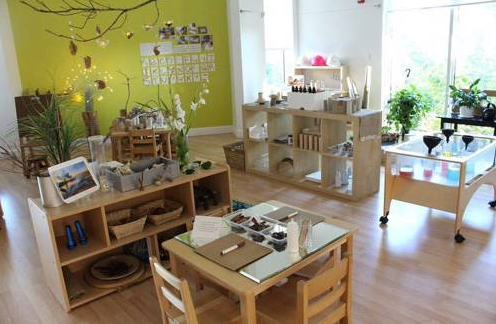
Every learning environment should act as a third teacher with the children. Join us for some support and guidance in terms of setting up an engaging environment for the children in your program. In this session we will discuss important elements of a learning environment, things to avoid, and how to let the children be involved in how the environment is set up.
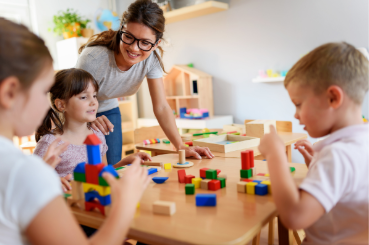
Engaging children in early years programming can be a challenge, but we are here to offer some quick suggestions and resources to help you navigate through it.
This session will focus on interest based program planning, setting up engaging environments and allowing the children to be the leaders of their learning.
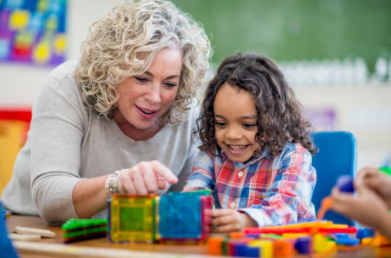
This session will focus on how to be an active a co-learner with the children in your program. In this session you will learn the importance of allowing children to be the leaders of their learning and knowing the right time to insert yourselves in their play. It will encourage you to let go of some of the control in your program and show you how to value the spontaneous, child-lead learning experiences.
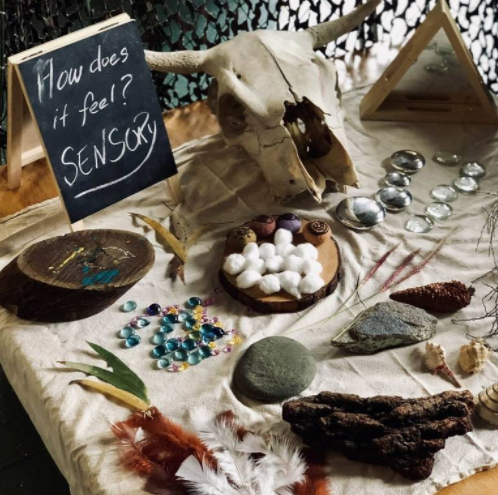
In this session we will focus on provocations followed by invitations to play. We will look at the differences between the two with some great examples to get you started in your programs.
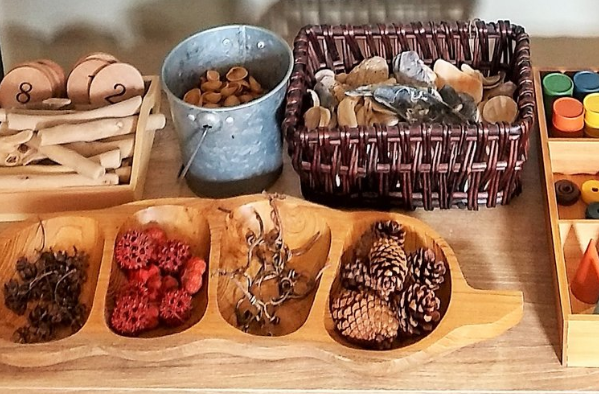
This session will focus all on loose parts and open-ended materials. We will discuss the importance of having loose part materials in your environments to support and encourage inquiry based play. We will offer concrete examples of loose parts that can be included in your programs, and we will also come prepared with different examples for different age groups.

Pedagogical documentation can be a challenging concept for some to grasp. We are here to help you through it! In this session we will learn all about documentation! There will be a focus on the different types and styles of documentation, and what important elements should be included to ensure your documentation is pedagogical. We will have concrete examples to share with you, and walk you through the elements of documentation.
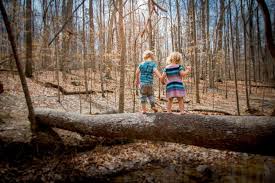
In this session we will focus on risky play and how you can safely encourage and promote it in your programs.

In this session, we will discuss outdoor play and why it is so important for children’s development.
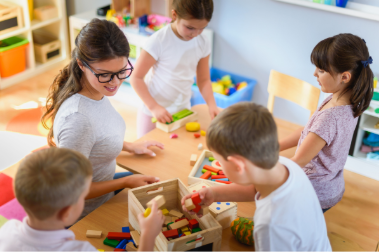
In this session, we are breaking down the term ‘play’. We will look at the definition of play as it relates to child care and share a variety of different types of play. Additionally, we will focus on the principles of play. We will also be diving into the 5 levels of play and what each of these mean and what they can look like in your program.

In this session we will focus on how to have difficult conversations with the families in your program. We all know how important it is to have that collaborative partnership with families but let’s face it sometimes that can be difficult when it comes to challenging behaviours. We will share some techniques and strategies to make this communication easier between you and the families.
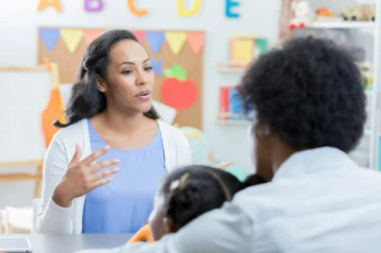
In this session, you will learn why
and how parent engagement within your programs can be so beneficial to the
well-being of the families and children you care for.
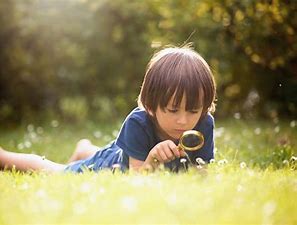
Pedagogical documentation enables educators to see children as competent, problem-solving individuals by observing their games, conversations, ideas and inventions, taking notes and photos, and using this information in targeted ways.
Pedagogical documentation - The Next Steps consist of knowing what you, as educators, can do with the information you've gathered to advance their learning or their exploration of the world around them.
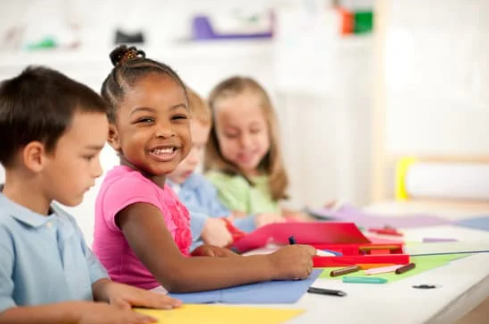
Children go through a lot of transitions throughout each day in their early learning environments. For some children, transitions may be frustrating or may provoke anxiety, and may lead to challenging behaviour. This session will provide some strategies to support children through difficult transitions.
